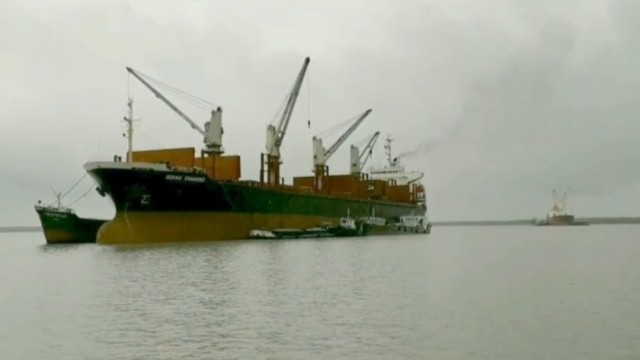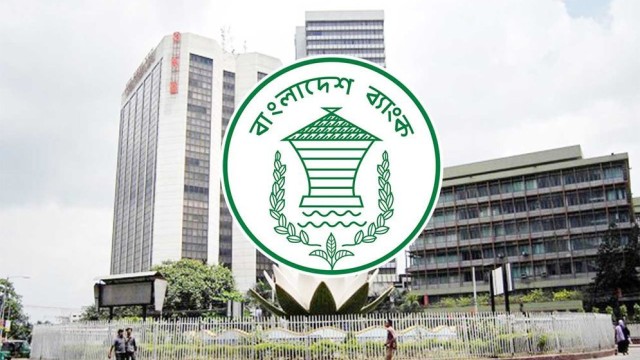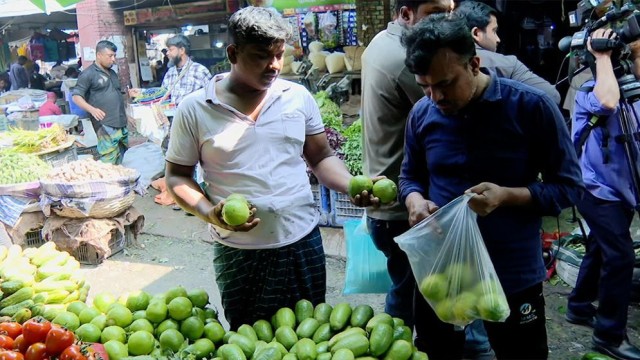Mongla, June 30 (V7N) - Despite recent work stoppages and a full shutdown observed by certain customs officials across the country, operations at Mongla Port have continued without disruption. According to port authorities, cargo handling, transportation, and customs clearance activities at the port remained fully operational and unaffected throughout the period of protest. Additionally, the Mongla Export Processing Zone (EPZ) and Mongla Customs House also reported no significant impact.
Commissioner of Mongla Customs House, Md. Safiuzzaman, confirmed that the recent customs movement had no financial consequences for the port. “There was no revenue loss due to the work stoppage or shutdown,” he stated. “In the past few days, there were no vessels at the port, so there were no immediate customs clearances. The goods that remained unprocessed are now being cleared, and we are receiving revenue accordingly. So, there is no loss incurred from the protest period.”
Echoing this sentiment, Md. Makruzzaman, Deputy Director (Board and Public Relations) of the Mongla Port Authority, said, “The protest by customs officers did not affect port operations in any way. Activities at the port during the movement remained exactly as they were prior to the protest.”
Similarly, Kalam Mohammad Abul Bashar, Executive Director of Mongla EPZ, noted that the short-term disruption had minimal effect on the zone’s output. “A shutdown of one or two days does not significantly impact our EPZ,” he explained. “Even during the movement, we managed to work at least an hour a day. Unlike Dhaka or Chattogram, Mongla EPZ does not handle large-scale export-import operations. Since last night, normal activities have resumed and we are now fully operational. There has been no financial damage.”
The coordinated assurances from key stakeholders underscore Mongla Port’s resilience and operational efficiency, even amid administrative movements elsewhere in the country. As one of Bangladesh’s key maritime trade gateways, Mongla’s uninterrupted functioning is critical to maintaining a stable flow of goods—especially for the southwestern region.
END/AHS/SMA/






























Comment: